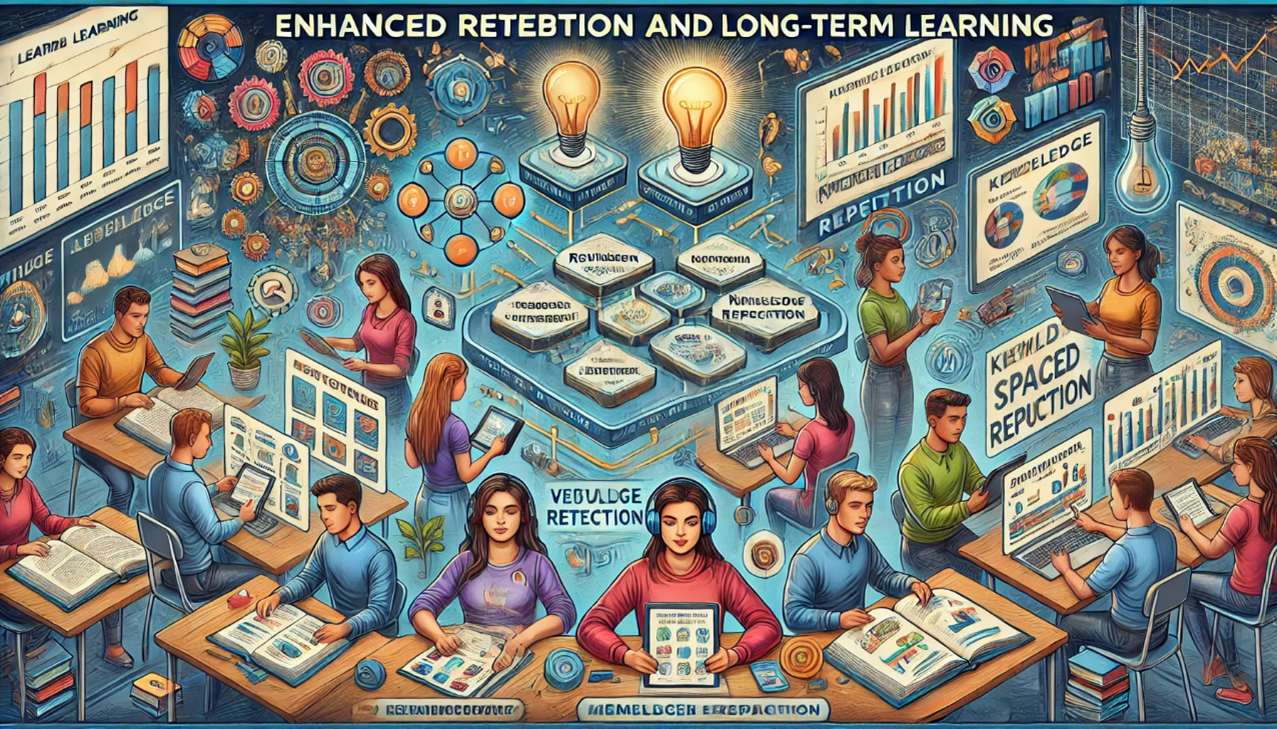Can lessons from past financial crises prevent future ones?

Can lessons from past financial crises prevent future ones?
by Maximilian 09:55am Jan 11, 2025

Lessons from past financial crises can certainly help prevent or mitigate the impact of future crises, but the complex and evolving nature of global financial systems makes it unlikely that any set of measures will completely prevent financial instability. Nevertheless, by analyzing previous crises, policymakers, regulators, and financial institutions can implement strategies that reduce risks, improve resilience, and make the financial system more robust. Here are key lessons and how they might contribute to preventing future crises:
1. Better Regulation and Oversight of Financial Institutions
Lesson: Weak regulatory frameworks and insufficient oversight often allow excessive risk-taking, particularly in areas like lending practices, leverage, and derivatives trading. The 2008 global financial crisis (GFC) highlighted the dangers of deregulation and the lack of oversight of complex financial products, such as mortgage-backed securities and credit default swaps.
Future Implications:
Stronger regulatory frameworks: The introduction of Basel III regulations, for example, requires banks to hold more capital and maintain stricter liquidity standards, reducing the risk of financial instability due to sudden market shocks.
Monitoring systemic risk: Regulatory agencies should monitor systemic risks—those that could impact the entire financial system, such as the interconnectedness of large financial institutions (e.g., "too big to fail" entities). Macroprudential regulation is needed to address risks that are not confined to individual institutions but could spread across the system.
Greater transparency: Clearer financial disclosures and transparency requirements help regulators and investors understand the risks institutions are exposed to, allowing for better management of financial products and reducing speculative bubbles.

2. Limiting Excessive Risk-Taking and Leverage
Lesson: The 2008 crisis showed that excessive leverage (i.e., borrowing large amounts of money to fund investments) combined with high-risk financial products can lead to catastrophic losses. When asset prices (e.g., housing) began to fall, institutions with high leverage were unable to meet their obligations, leading to widespread insolvency and panic.
Future Implications:
Reduced leverage: Regulatory frameworks should aim to limit excessive borrowing by financial institutions, particularly those engaged in high-risk activities. This helps prevent the amplification of shocks to the financial system.
Stress testing: Financial institutions should undergo regular stress testing to ensure they can weather significant economic shocks without becoming insolvent. Stress tests assess how well banks can handle various adverse scenarios, such as a sudden market crash or interest rate hike.
Encouraging conservative lending practices: Banks should be encouraged to make more prudent lending decisions and ensure they have sufficient capital buffers to absorb potential losses, particularly in times of economic stress.

3. Avoiding Asset Bubbles and Speculative Behavior
Lesson: Crises such as the dot-com bubble (2000) and the housing bubble (2008) demonstrate how speculative behavior can lead to unsustainable asset price inflation. When these bubbles burst, they cause severe financial and economic damage.
Future Implications:
Monitoring and controlling asset bubbles: Regulators need to actively monitor markets to identify potential asset bubbles. This involves keeping an eye on areas where prices grow rapidly (e.g., real estate, stocks, cryptocurrencies) and ensuring that financial institutions are not overexposed to these volatile sectors.
Macroprudential policies: Central banks and regulators can use tools like interest rate adjustments, loan-to-value (LTV) ratios, and countercyclical capital buffers to cool down overheated markets and prevent bubbles from forming in the first place.
Better financial education: Increasing financial literacy can help consumers and investors make more informed decisions and avoid speculative behavior driven by irrational exuberance.
4. Improved Risk Management and Financial Innovation
Lesson: Many financial institutions failed to adequately assess the risks of complex financial products, such as mortgage-backed securities (MBS) and collateralized debt obligations (CDOs), in the run-up to the 2008 crisis. Financial innovation, while potentially beneficial, can also create unforeseen risks if it is not properly understood or regulated.
Future Implications:
Enhanced risk management: Financial institutions should adopt more robust risk management practices, including stress testing, scenario analysis, and greater use of technology (e.g., AI, machine learning) to identify risks early.
Regulating financial innovation: While innovation can drive economic growth, innovative financial products need to be well-regulated and transparent. Financial institutions should not be allowed to create overly complex or opaque products without clear understanding of their risks and implications.
Effective use of technology in oversight: Regulators should adopt advanced tools, such as big data and artificial intelligence, to better monitor the market and identify emerging risks more quickly.

5. International Coordination and Global Financial Stability
Lesson: Financial crises are rarely confined to one country, as the 2008 crisis demonstrated. The interconnectedness of global financial markets means that financial problems in one country can quickly spread to others.
Future Implications:
International cooperation: Global financial stability requires coordinated action among international regulators, central banks, and financial institutions. Multilateral institutions like the International Monetary Fund (IMF), the World Bank, and the Financial Stability Board (FSB) play key roles in managing cross-border financial risks and providing support to countries facing economic distress.
Contingency plans for cross-border crises: Countries and international institutions should develop clear contingency plans for handling cross-border financial crises, including mechanisms for providing liquidity to struggling economies and preventing contagion.
Conclusion: Can Lessons Prevent Future Crises?
While no set of lessons or policies can completely eliminate the possibility of future financial crises, they significantly reduce the likelihood and potential severity of such crises. By focusing on:
Stronger regulation,
Limiting excessive risk-taking,
Preventing asset bubbles,
Improving global coordination, and
Enhancing crisis management and response,

policymakers and financial institutions can build a more resilient financial system. However, the dynamic nature of financial markets means that crises may still occur, often arising from new sources of risk. As such, ongoing vigilance, adaptability, and learning from past mistakes will always be essential in managing financial stability.






